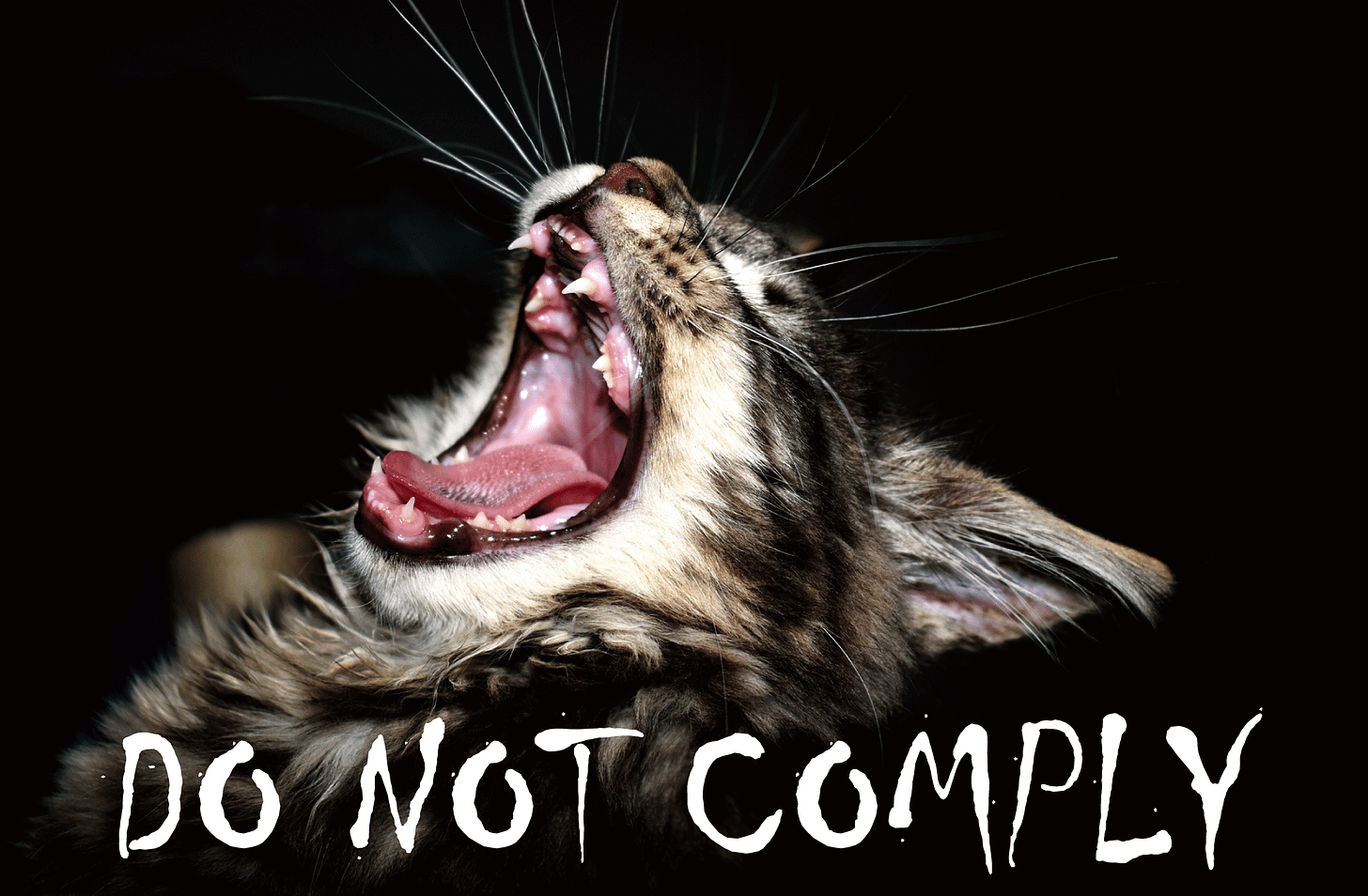Why conservatives don't like cats
The nexus between politics, personality and pet ownership
There’s a well-documented partisan divide in pet ownership: while dogs are more popular overall, liberals are disproportionately likely to own cats, while conservatives tend to be dog people. There’s been some debate over what’s behind the split — urban/rural differences? Household income? Gender?
New peer-reviewed research points to another cause: conservatives hold strong anti-cat biases, likely stemming from cats’ disregard for social hierarchies, their general lack of loyalty, and their refusal to submit to authority. Those characteristics are at odds with certain principles conservatives tend to hold dear.
The researchers asked over 2,400 individuals about their pet preferences, their political beliefs, and a variety of standard demographic variables (age, gender, race, education, income, etc. etc.). They also measured how the respondents stacked up on a number of common personality measures, including authoritarianism, the so-called Big Five personality traits, and something called social dominance orientation, which measures a preference for social hierarchies.
Crucially, the study measured not just respondents’ stated pet preferences, but also their implicit biases for or against dogs and cats. They did this using an implicit association test, which measures how strongly people associate concepts like “dog” and “cat” with positive and negative words. If this sounds familiar, it’s because it’s the same kind of test researchers use to measure implicit racism, except here we’re talking about bias against a type of animal rather than against a class of people.
They found that differences in pet preferences were driven primarily by conservatives’ views toward cats: it’s not that conservatives like dogs, per se, but rather that they don’t like cats. These findings held for both stated and implied preferences.
“Although people across the political spectrum show a greater liking for dogs overall, the authors explain, “those who tend to be more conservative show less of an explicit liking for cats and have a stronger liking for dogs relative to cats.”
They found some evidence that the trend is particularly pronounced among authoritarian conservatives: those with a preference for “law and order” and an intolerance for deviance had especially negative views of cats, who are famously dismissive of rules and authority.
It’s worth pointing out a couple caveats about this study. The participants were recruited to participate, so the pool of respondents wasn’t demographically representative of the U.S. as a whole. That shouldn’t be a huge deal because the researchers were primarily interested in differences between sub-groups, rather than in their absolute numbers, but it could nevertheless skew the findings if, say, the conservatives participating in the study are different in meaningful ways than American conservatives as a whole.
Also in absolute terms the stated differences in pet preferences between conservatives and liberals isn’t huge — once you control for demographics and everything else you’re looking at a change of about 1 to 2 percentage points in pet preference for every step you move along a 7-point liberal-to-conservative scale.
Regardless, the findings shed some light on why at the state level, for instance, dog and cat ownership appears to be correlated with presidential vote. They also suggest people who own both dogs and cats may be the key to healing our fractured national politics: Dogs and cats living together, for the good of all mankind.


